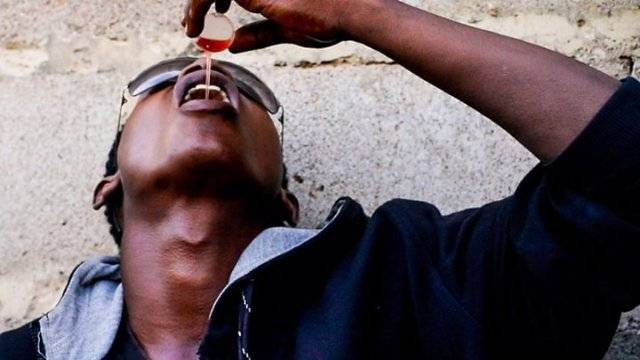As a nation in general, Ghana has something of a problem with marijuana. While other nations are steadily decriminalizing marijuana, that is not the case here, or in many other African nations.
Within Africa, marijuana continues to be seen as a ‘problem drug’ by the governments of many nations, meaning that Ghana’s vast numbers of marijuana users (we are third in the world for marijuana consumption, according to the United Nations) are doing so illegally.
Perhaps more worryingly, alcoholism and the use of ‘harder’, more dangerous drugs like heroin and crystal meth also appears to be on the rise. Sadly, the three upper east regions of Ghana appear to be leading the way in this substance abuse crisis - leading to them being sternly ticked off by senior political figures.
However, no crisis occurs in isolation. The reasons behind the drug usage in Upper east region bear some scrutiny, and reveal a lot about the wider problems (and mismanagement) of the regions in general:
Poverty
Poverty is endemic within upper east . and the government has done little to fund or provide opportunities for a struggling individuals in the region..
It's a sharp contrast, with a bitter sting. Many within upper east feel that their situation is hopeless, and that the future holds nothing for them. In a recent study on youth alcoholism in Ghana, the vast majority of those studied cited poverty, and the 'hopelessness' it brings with it as a key factor in their drinking behaviour.
A large number of families in upper east region are living on extremely little. Such situations are stressful, and demoralizing. Those who are stressed and demoralized are far more likely to turn to drugs and substances than those who have a healthier outlook on life.
Using ‘poverty’ as a reason for drug use may sound counter-intuitive. After all, drugs cost money. However, the relationship between poverty and drug addiction is complex and interrelated. The cheapest drugs cost just little enough to be attainable for most - meaning that people do have an outlet by which to momentarily numb their monetary stressors.
However, once addicted, the substance becomes a perpetual slow drain on financial resources - making poverty more of a problem than ever. Many turn to crime to fund their habits. It is generally the case, globally, that providing opportunities, hope, and raised standards of living to people reduces their likelihood of succumbing to substances.
Education
According to a W.H.O report on the problem of drugs in Ghana, most people first try substances between the ages of 14 and 19. Of these youthful drug users, 70% are not in school. Education and access to education, remain a challenge for Northern Ghana.
Many of the nation’s children do not attend school, and levels of education in general are low. This reduces the opportunities available to Northern Ghanaians - but also renders them less able to make informed decisions about substances. This is particularly true when the other form of education they get - the cultural education they absorb from parents and peers - is itself steeped in substances.
According to the same W.H.O report, even children who are aware of the dangers of substance abuse frequently succumb due to the pressure exerted on them by their communities. Children who are brought up by substance-abusing parents are generally far more likely to grow up to abuse substances themselves - substance abuse having been ‘normalized’ by their family milieu.
Schools in Ghana are at the forefront of battling drugs, and changing attitudes to them. Without the benefit of schooling, it is perhaps unsurprising that many young people in upper east region become substance abusers even before they reach adulthood




No comments yet
Be the first to share your thoughts!